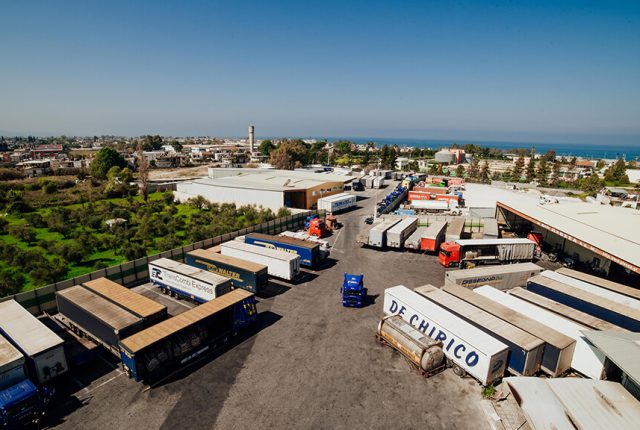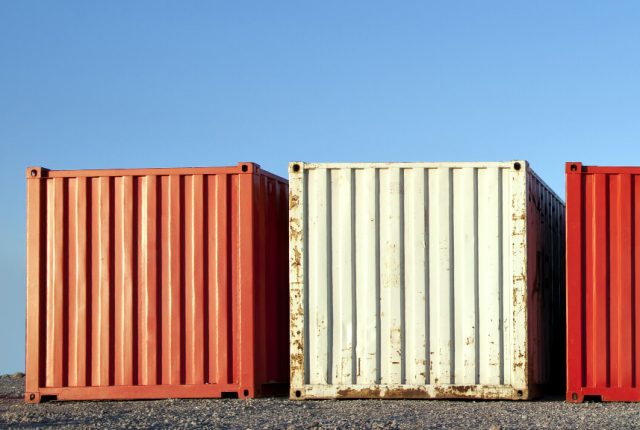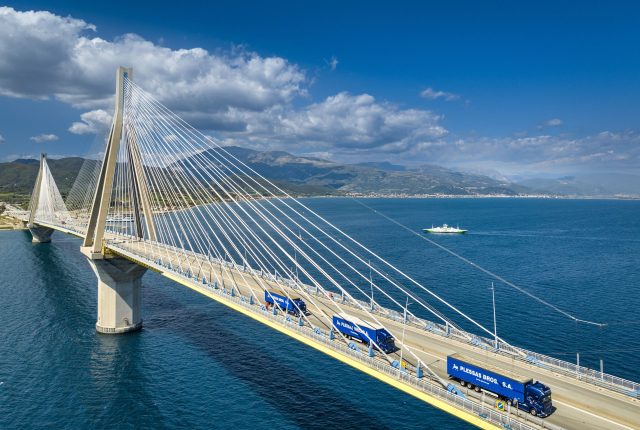
The Role of Artificial Intelligence in Trucking: Optimizing Routes and Operations
In recent years, the trucking industry has witnessed a significant transformation fueled by technological advancements. One such innovation that has taken center stage is Artificial Intelligence (AI). As the world becomes increasingly interconnected, the role of AI in trucking has become crucial, particularly in optimizing routes and operations. This article explores how AI is reshaping the trucking landscape, enhancing efficiency, and revolutionizing the way goods are transported.

I. Route Optimization: One of the primary challenges in the trucking industry has always been finding the most efficient routes for transportation. AI algorithms have stepped in to address this issue, providing real-time solutions for route optimization. Advanced AI systems analyze vast amounts of data, including traffic patterns, weather conditions, and road closures, to recommend the most time and cost-effective routes. By minimizing travel time and fuel consumption, AI not only boosts operational efficiency but also contributes to reducing the industry’s environmental footprint.
II. Predictive Maintenance: Ensuring the smooth operation of a trucking fleet requires proactive maintenance. AI plays a pivotal role in predictive maintenance by leveraging data from sensors and historical performance metrics to predict when components are likely to fail. This allows trucking companies to schedule maintenance activities before a breakdown occurs, preventing costly disruptions to operations. The result is a more reliable and efficient fleet that can adhere to tight schedules with minimal downtime.

III. Enhanced Fleet Management: AI-powered fleet management systems offer real-time monitoring and optimization of trucking operations. These systems provide insights into vehicle location, fuel consumption, driver behavior, and cargo status. Fleet managers can make informed decisions on route adjustments, fuel efficiency measures, and driver performance based on the data generated by AI algorithms. This level of control not only streamlines operations but also ensures compliance with regulations and enhances overall safety.
IV. Autonomous Vehicles: The advent of autonomous vehicles is another groundbreaking development in the trucking industry. AI-driven technologies enable trucks to navigate and transport goods with minimal human intervention. While fully autonomous trucks are still in the testing phase, semi-autonomous features are already being integrated into some fleets. AI’s role in autonomous trucking is expected to revolutionize the industry by increasing efficiency, reducing labor costs, and improving overall safety.

V. Data Security and Analytics: The trucking industry generates massive amounts of data, from vehicle telemetry to supply chain information. AI not only helps manage this data efficiently but also enhances security measures to protect sensitive information. Advanced analytics powered by AI enable companies to derive valuable insights from their data, leading to better decision-making processes, improved operational strategies, and a competitive edge in the market.
Conclusion: Artificial Intelligence has emerged as a transformative force in the trucking industry, offering innovative solutions to longstanding challenges. By optimizing routes, predicting maintenance needs, enhancing fleet management, and paving the way for autonomous vehicles, AI is reshaping the future of trucking. As the technology continues to evolve, trucking companies that embrace AI stand to benefit from increased efficiency, reduced costs, and a competitive edge in an ever-evolving and demanding market.





